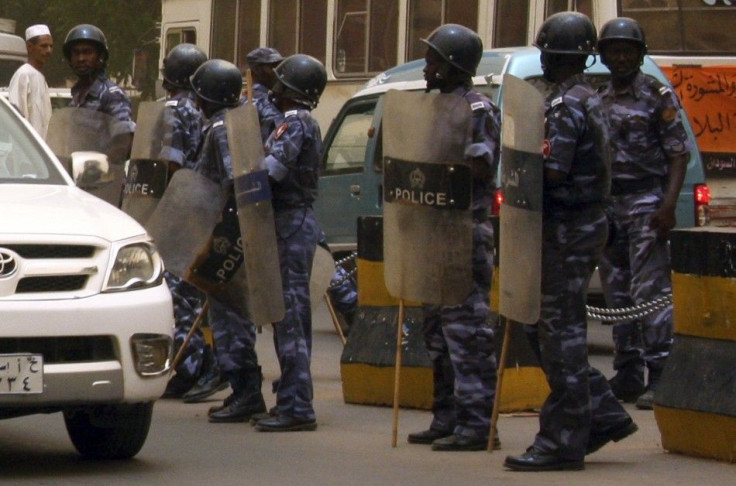North and South agree to demilitarize disputed Sudanese region

On Monday North and South Sudan effectively agreed to demilitarize the disputed Abyei region.
The presidents of the two nations met over two days in the Ethiopian capital of Addis Ababa to discuss the plans.
Details of the agreement are still being worked on, but Northern forces have agreed to withdraw from the region, according to the South's information minister Barnaba Marial Benjamin. The Sudanese troops will be replaced by Ethiopian peacekeepers by July 9, the scheduled date of South Sudan's independence.
We have information that they have accepted to withdraw from Abyei as long they agree on the specific arrangement with regards to the Abyei administration, Benjamin told the independent Sudan Radio Service.
What troops that will be put to replace the Sudanese Armed forces [SAF -- the northern army] when they withdraw, they will discuss the details of that security arrangement, Benjamin said.
I think they have accepted the principle that they have to withdraw, he added.
The talks began three weeks after President Umar al-Bashir seized control of the area on May 21. The occupation was followed by military action on both sides of the conflict, and clashes have occurred north and south of the border.
More than 100,000 Sudanese from both sides have displaced by the May 21st incident and the subsequent retaliations.
Located on the imprecise North-South border, the Abyei region is disputed for both cultural and financial reasons. Home to 25 percent of the combined nation's oil, Abyei is also the tribal land for groups ethnically linked to both North and South Sudan.
United States Secretary of State Hillary Clinton had earlier called for the withdrawal of Northern troops from Abyei.
We would welcome both parties agreeing to ask Ethiopia, which has volunteered to send peacekeepers and to do so as part of a United Nations mission that will be strengthened, Clinton said at a news conference in Tanzania. The United States has made our view very clearly known to both President Bashir and Vice President Kiir and I am looking forward to hearing positive news out of their ongoing discussions.
If the ceasefire is successful, it will be seen as a productive step toward achieving a peaceful southern succession next month.
Many feared that escalating fighting in the Sudan could reignite the bloody civil war that ended in 2005. In the country's short 56- year history, there have only been fifteen cumulative years of peace.
The upcoming independence of South Sudan - which was voted upon by the South Sudanese as part of the 2005 referendum - may do more to increase border-tensions than to relieve them. The South is home to around 75 percent of Sudan's oil production.
The trade of petroleum and crude oil make up a significant part of Sudan's economy. It is the country's main export. While agriculture is still the nation's main source of income, oil revenue is driving economic growth.
International bodies such as the United Nations are pushing for the soon-to-be-independent Sudanese governments to design a revenue-sharing agreement. The hope is that the agreement will eliminate oil-related hostility and prevent further military action.
© Copyright IBTimes 2024. All rights reserved.











